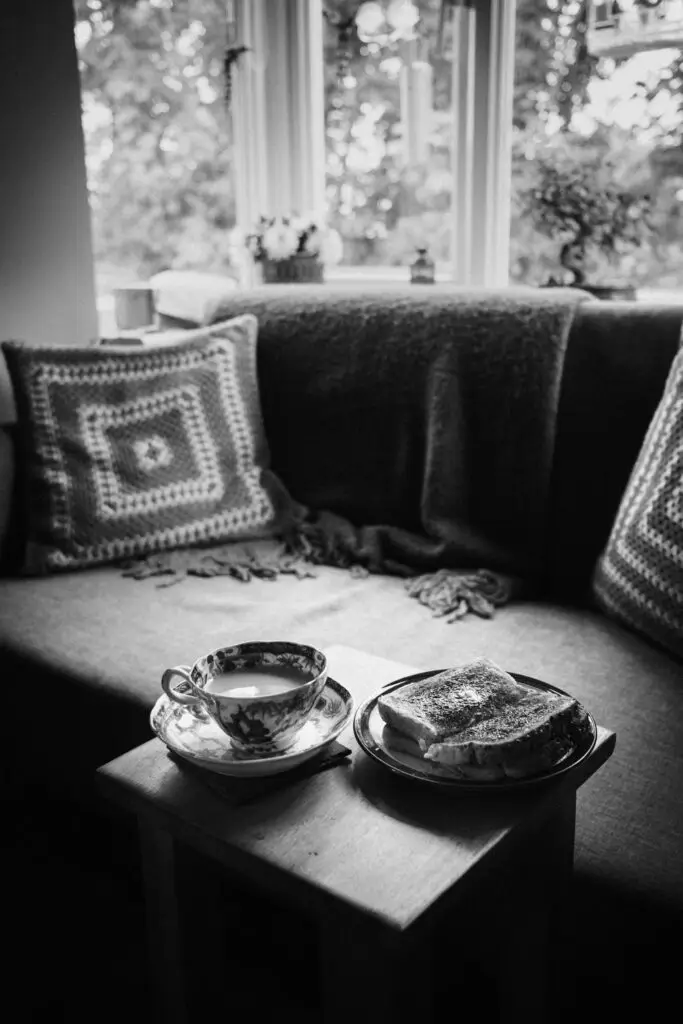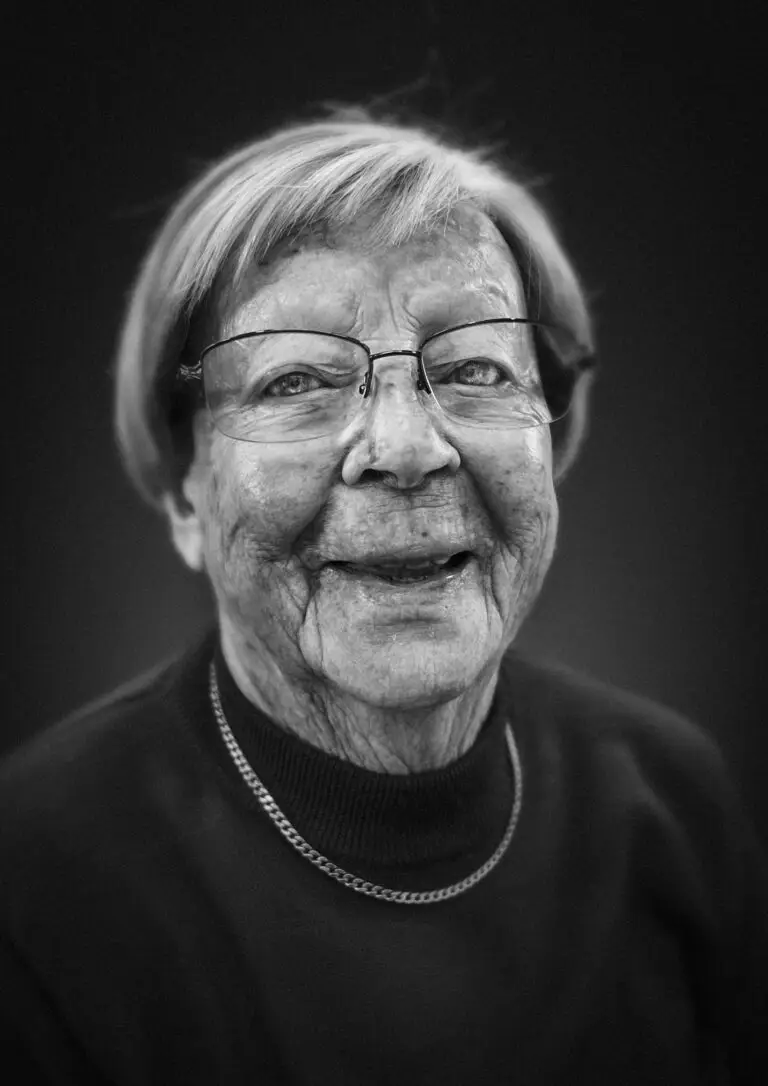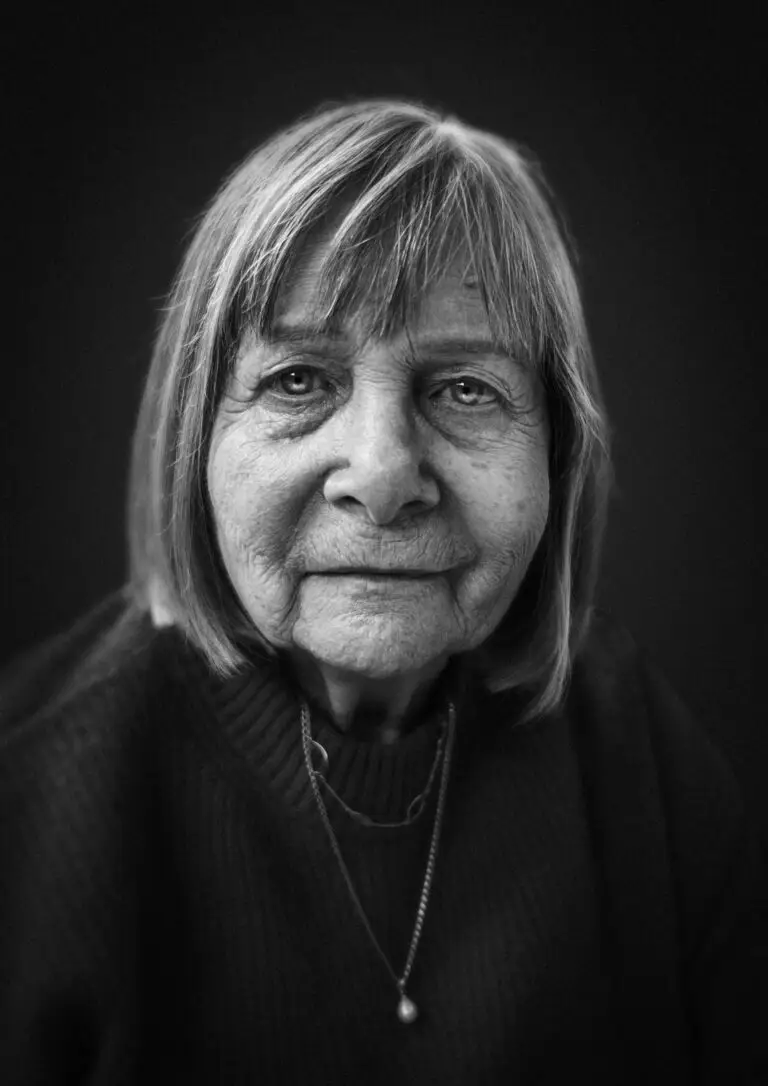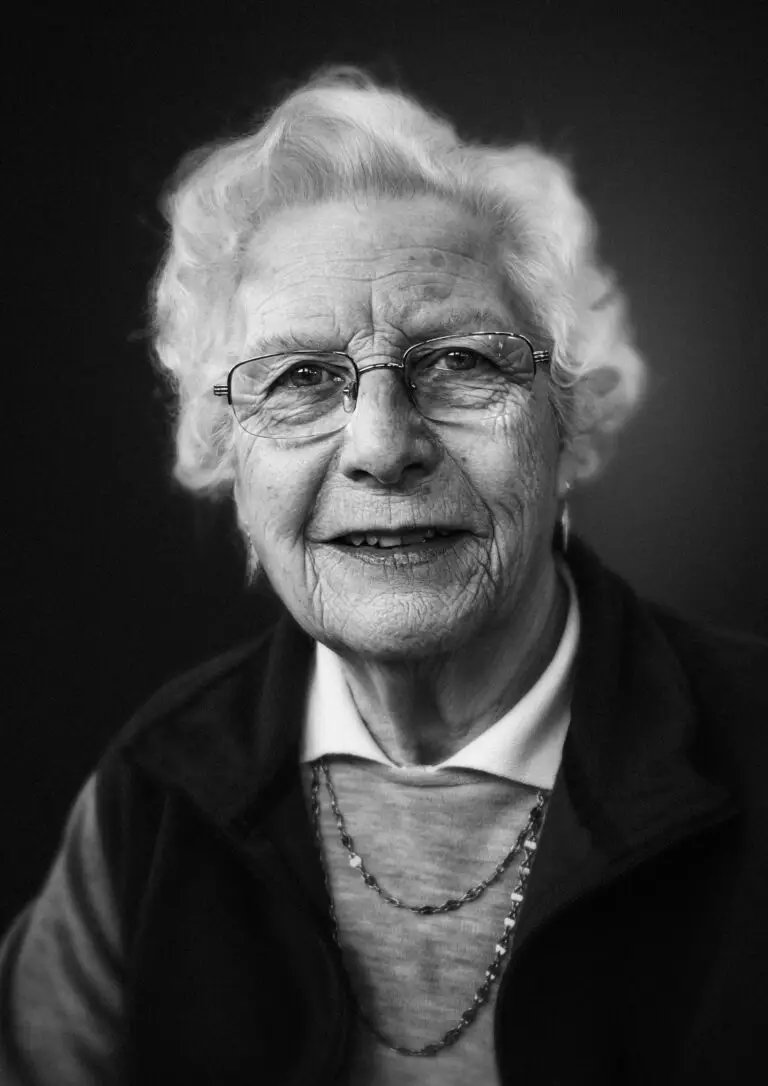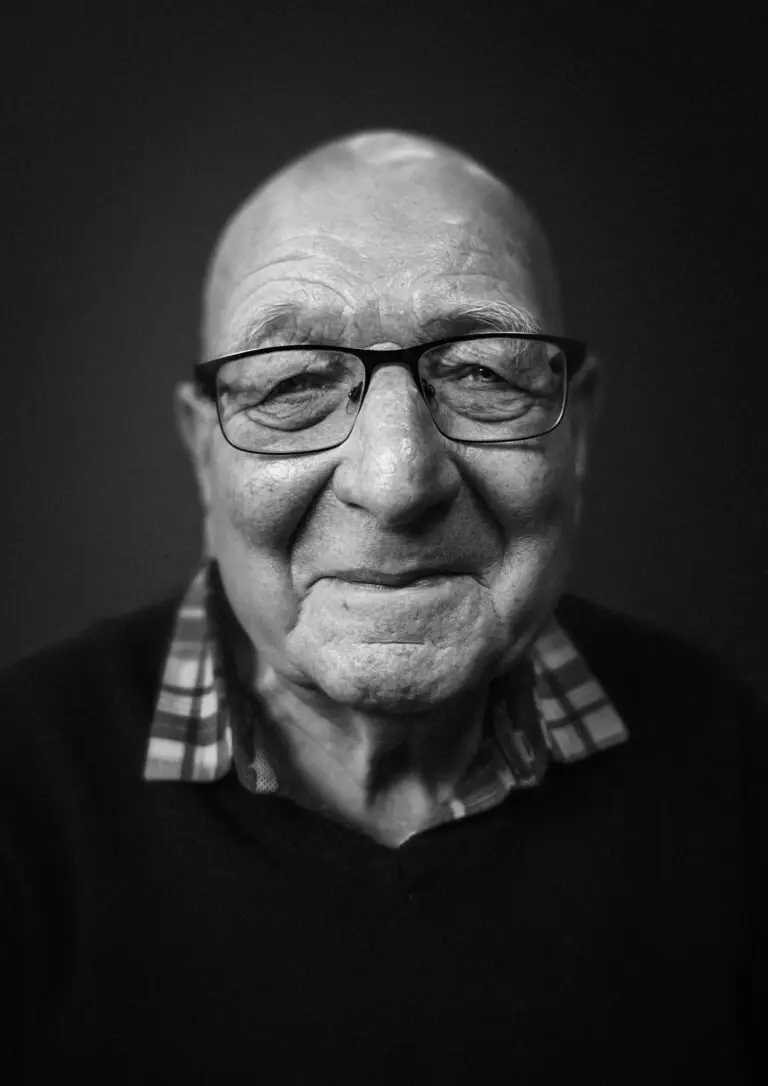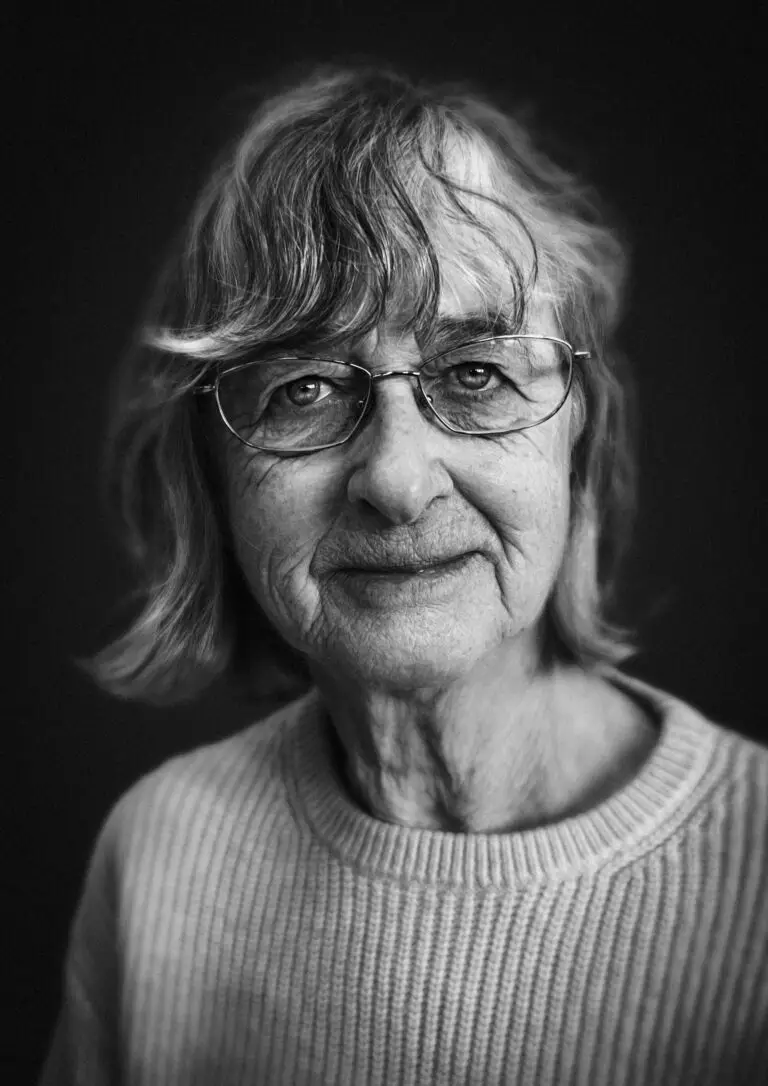My mum, Linda, was diagnosed with vascular dementia three years ago. Before then, she was full of life. Sharp, busy, no-nonsense—but with the softest heart. She worked as a school secretary for more than thirty years, and somehow she knew everything—who’d skipped lunch, whose mum was poorly, which child needed a quiet word and a biscuit. At home, she was the same: always on the go, always doing. Her garden was her sanctuary. The neighbours used to say her roses had more personality than most people.
Growing up, Mum and I were close. We had a Sunday morning ritual—tea and toast, sitting out in the garden, chatting about everything and nothing. She had a big laugh that filled the space, and a way of making even your worst days seem fixable. Those mornings are stitched into my memory like favourite pages in a book.
But things started to shift. At first, it was just repetition. Forgetting appointments. Leaving the kettle on. Harmless stuff—until it wasn’t. The day she got lost coming home from the post office—the same walk she’d done for twenty years—I knew it was time to stop pretending.
Getting a diagnosis wasn’t simple. There were endless appointments, waiting lists, confusing terms. Mum didn’t want to talk about it. She’d brush it off with, “Just getting old, love.” But when the consultant finally said the word—dementia—she went quiet. Then she looked at me and said, “So this is how it ends.” I squeezed her hand. “No, Mum,” I told her. “It’s just a different chapter. And I’m not going anywhere.”
Since then, life has changed in ways I never saw coming. Mum doesn’t cook anymore. Too many near misses. Some days, she struggles to finish a sentence. She searches for words that hover just out of reach, and I’ve learnt to wait—not rush, not correct. Just wait.
There are hard days. Days she doesn’t recognise her own reflection. Days she calls me by someone else’s name. But then there are the others—the ones I hold onto. The ones where she looks at me and I see her, really see her, still in there. Those moments are gold.
Our roles have flipped. I’m the carer now. The organiser. The one who holds the memories. But the love? That’s still there. It’s changed, sure—quieter, slower, more fragile—but deeper too. It’s a different kind of love now. One that sits in silence and still says everything.
My brother struggles with it more. He finds it hard to visit. I think it’s the grief—seeing her like this before she’s really gone. Some friends drifted away, but new ones stepped in. There’s a local dementia café, a brilliant carer named Salma who makes Mum laugh, and an online group that lets me vent without judgement.
We still have tea and toast on Sunday mornings, but we sit by the window now. The garden is still out there, but it’s easier this way. The toast is often burnt, the conversations slower—but the sun still shines through the glass, and sometimes she’ll tell me a story from her childhood like it happened yesterday.
What helps? Music. Familiar smells. Routines. A hand to hold. And patience—more than I thought I had. Some days it’s exhausting, some days it’s tender, and most days it’s both.
If I could tell someone just starting this journey one thing, it would be this: you’re not alone. It’s okay to cry. It’s okay to laugh. It’s okay to feel everything at once. Dementia will change your world—but it won’t take the love. That part stays.
And it’s enough.
